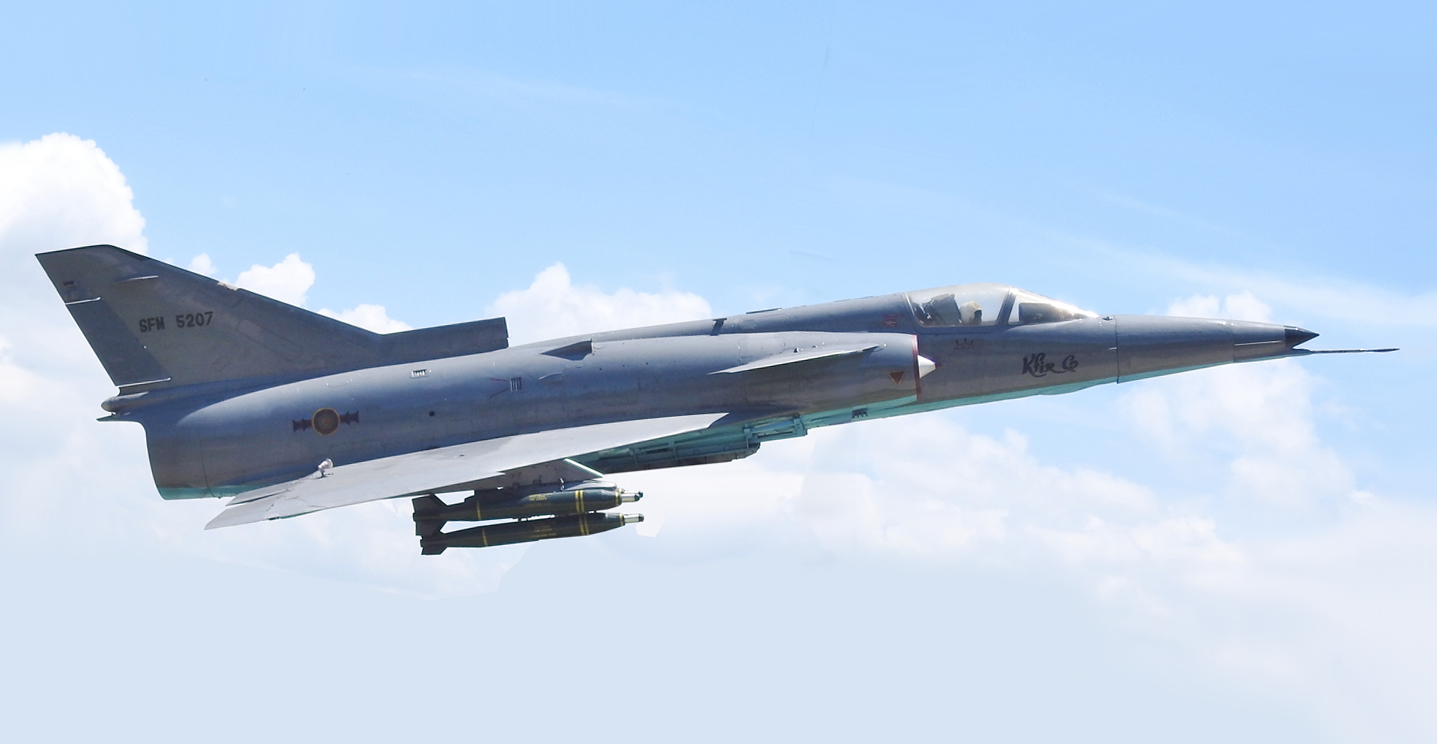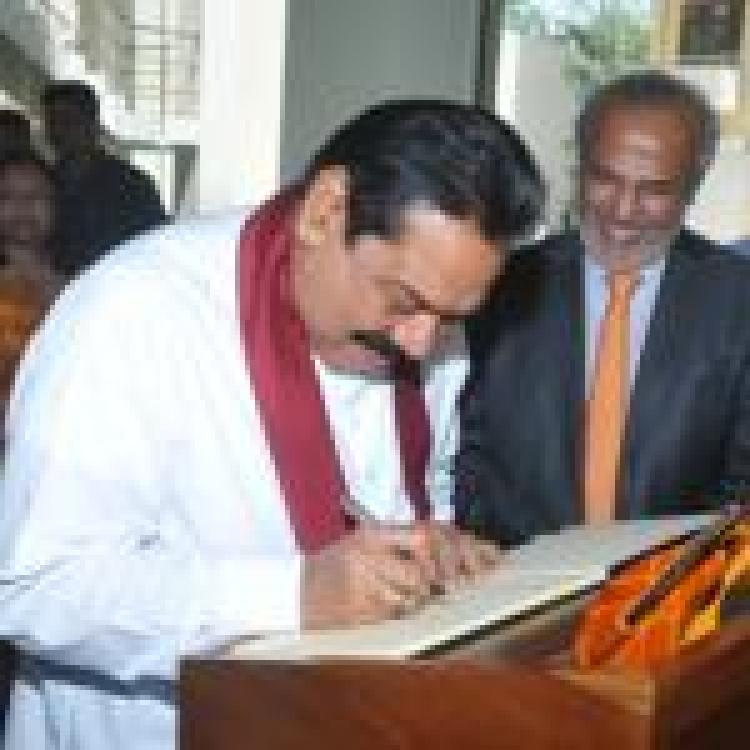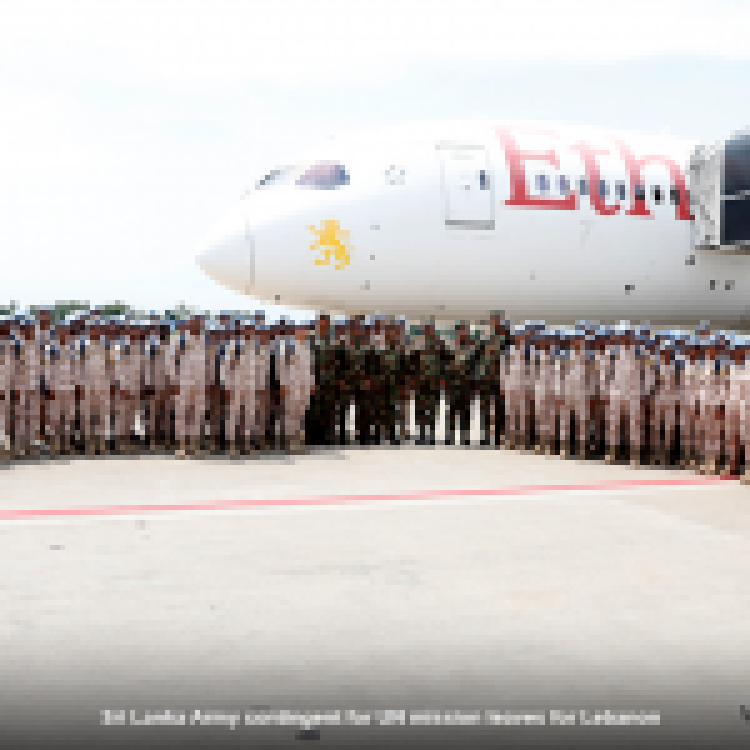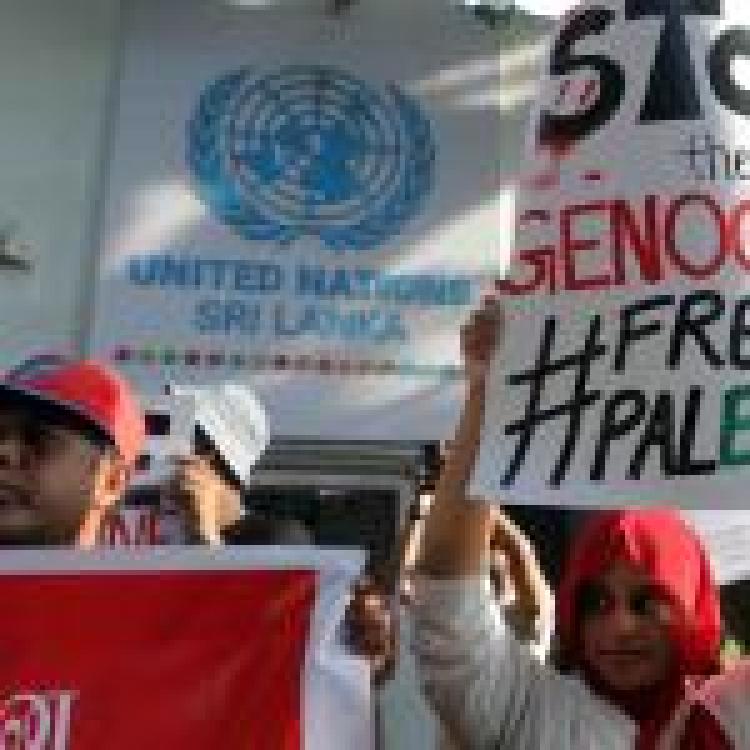.jpg)
Sri Lankan politicians from across different political parties have demanded international action, including taking Israel to the International Court of Justice, after an attack wounded two Sri Lankan peacekeepers serving with the UN Interim Force in Lebanon (UNIFIL).
Several Sri Lankan politicians from across different political parties have demanded international action, including taking Israel to the International Court of Justice, after an attack wounded two Sri Lankan peacekeepers serving with the UN Interim Force in Lebanon (UNIFIL).
The Sri Lankan peacekeepers, deployed in southern Lebanon, were struck by Israeli tank fire earlier this month, an incident that has sparked outrage and calls for international accountability.
“Sri Lanka should take up this matter at the International Court of Justice and also sever all diplomatic relations with Israel, and also boycott all its products,” said Marjan Faleel from the Sinhala nationalist Sri Lanka Podujana Peramuna (SLPP). “Enough of Israeli atrocities. Now they are laying their hands on the peacekeeping mission,” he told Arab News.
Hussein Mohamed, a former diplomat and member of the United National Party (UNP) meanwhile demanded Sri Lanka’s newly appointed government to “take up this matter at all international fora”. “Israeli atrocities should not be tolerated. Sri Lanka should take legal action,” he told Arab News.
Azath Salley, leader of the National Unity Alliance, said that his party would demand a break in ties with Israel, as Sri Lanka previously did in 1971 and 1992. “It is Israeli terrorism, and the world knows it well,” he said. “The first thing we are going to do is go to parliament and (call) to sever all ties with Israel. We don’t want any Israelis to come to Sri Lanka.”
Though ties were suspended, diplomatic relations resumed in 2000 with reports at the time that it came in the wake of negotiations to resume military assistance for Sri Lanka’s war in the North-East. Israeli military support for the Sri Lankan government, including through Kfir fighter jets, was crucial throughout its bombing campaigns of the North-East. The Israeli warplane had been pivotal in allowing the Sri Lankan military to carry out indiscriminate bombing raids which killed thousands of Tamils throughout the years. Alongside the fighter jets, several other military equipment was also supplied to Sri Lanka by Israel.

An Israeli-made Kfir, flown by the Sri Lankan Air Force (Courtesy: Rehman Abubakr)
The recent attack on Sri Lankan peacekeepers follows a series of violent escalations in the region, with Israeli forces intensifying their military operations in Gaza and Lebanon.
But whilst Sri Lankan politicians called for diplomatic action against Israel, it starkly contrasts with Sri Lanka’s long-standing resistance to international action over its own war crimes. Despite mounting evidence and calls from human rights organizations, the Sri Lankan government has consistently resisted efforts to hold those responsible for atrocities committed against the Tamil people accountable.
Earlier this month, Sri Lankan rejected yet another UN Human Rights Council resolution on accountability for the atrocities. For more than 15 years, Tamils have demanded an international justice mechanism to account for the genocide and the tens of thousands of deaths. To date, no one has been held accountable.




